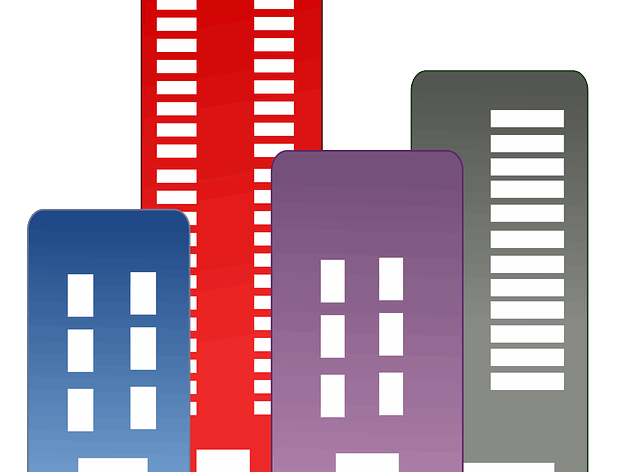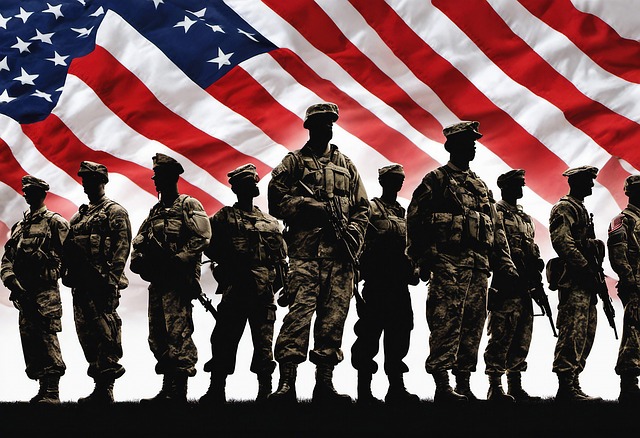Frequently Asked Questions: VA Programs for Homeless Veterans

If you or someone you know is at risk of becoming a homeless veteran, there are resources available. The first point of contact is the National Call Center for Homeless Veterans, which can be reached 24/7 at 1-877-4AID-VET (1-877-424-3838).
This service is free and confidential for veterans, their families, and anyone concerned about a veteran. Trained counselors conduct a screening and connect the caller with a homelessness specialist at the nearest VA Medical Center (VAMC) for direct assistance. No prior registration or enrollment in VA healthcare is required to use this service.
Here are some of the most frequently asked questions about how the Department of Veterans Affairs assists homeless veterans and collaborates with third parties to provide community resources, job placement, and support.
>>Never miss a benefits update. Subscribe to the MyMilitaryBenefits Newsletter today.
Q: How does the VA support homeless veterans?
A: The VA’s support for homeless veterans is built on decades of learning and legislative action. Many current programs were established or refined by laws passed in Congress. For example, the Health Care for Homeless Veterans (HCHV) program grew out of a pilot project from the 1980s called the Homeless Chronically Mentally Ill (HCMI) program.
Key legislation, like the Homeless Veterans Comprehensive Assistance Act of 2001, expanded federal support for homeless veterans by authorizing funding for programs like the Grant and Per Diem (GPD) Program and the Department of Labor’s Homeless Veterans Reintegration Program (HVRP). This act also mandated that mental health services be available wherever primary care is offered and allocated funds for veterans with special needs.
Q: What is the Domiciliary Care for Homeless Veterans (DCHV) Program?
A: The Domiciliary Care for Homeless Veterans (DCHV) Program is one of the VA’s oldest healthcare initiatives, originally created to provide a “home” for disabled Civil War soldiers. It has since evolved into a clinical rehabilitation and treatment program integrated with VA Mental Health Residential Rehabilitation and Treatment Programs (MH RRTPs). DCHV provides a 24-hour therapeutic setting for veterans with complex needs, including severe medical conditions, mental illness, or addiction. The program focuses on rehabilitation, recovery, health maintenance, and community integration.
Q: What services does the Health Care for Homeless Veterans (HCHV) program provide?
A: The Health Care for Homeless Veterans (HCHV) program is a key entry point to the VA’s continuum of care. Its core function is outreach, with staff actively engaging veterans in the community to connect them with housing, medical care, and other services. The program also provides case management and funds community-based residential treatment programs for veterans, especially those with serious mental health issues.
>>Never miss a benefits update. Subscribe to the MyMilitaryBenefits Newsletter today.
Q: How does the VA help homeless veterans find employment?
A: The Homeless Veterans Community Employment Services (HVCES) program was established to help veterans who have experienced homelessness find jobs. The program employs Vocational Development Specialists, also known as Community Employment Coordinators (CEC), at most VA Medical Centers.
These specialists act as a bridge to community employment resources and employers, pre-screening applicants and referring them to job opportunities. Veterans can also access the Compensated Work Therapy (CWT) program, which provides vocational rehabilitation through transitional work and supported employment to help them re-enter the workforce.
Q: What is the HUD-VASH program?
A: The HUD-VA Supportive Housing (HUD-VASH) program is a partnership between the Department of Housing and Urban Development (HUD) and the VA. It combines HUD’s Housing Choice Voucher (HCV) rental assistance with VA-provided case management and supportive services.
This allows homeless veterans to find housing in the private market while getting support for healthcare, mental health treatment, and substance use counseling. To be eligible, a veteran must be homeless and eligible for VA health care services.
Q: What is the Grant and Per Diem (GPD) Program?
A: The Grant and Per Diem (GPD) Program funds community agencies that provide transitional housing and supportive services to veterans experiencing homelessness; it does not provide funds directly to veterans. The VA offers grants to non-profits and government agencies to help veterans achieve residential stability and increase their skills and income.
Grant types include:
- Transitional Housing Grants: These provide per diem payments to reimburse the cost of care in supportive housing for up to 24 months.
- Special Need Grants: These target specific vulnerable populations, such as chronically ill veterans.
- Transition-In-Place (TIP) Grants: In this model, supportive services are gradually phased out, but the veteran can remain in the unit as their permanent housing, avoiding a disruptive move.
Q: What is Supportive Services for Veteran Families (SSVF)?
A: The Supportive Services for Veteran Families (SSVF) program provides grants to non-profit organizations helping low-income veteran families in permanent housing or who are transitioning into it.
The goal is to promote housing stability through two main approaches: homelessness prevention for those at imminent risk of losing their housing, and rapid re-housing for those who are “literally homeless” (e.g., living on the street or in a shelter). Grantees offer a range of services, including case management, help obtaining benefits, and temporary financial assistance for rent or utilities.
>>Never miss a benefits update. Subscribe to the MyMilitaryBenefits Newsletter today.
About the author
Editor-in-Chief Joe Wallace is a 13-year veteran of the United States Air Force and a former reporter/editor for Air Force Television News and the Pentagon Channel. His freelance work includes contract work for Motorola, VALoans.com, and Credit Karma. He is co-founder of Dim Art House in Springfield, Illinois, and spends his non-writing time as an abstract painter, independent publisher, and occasional filmmaker.


